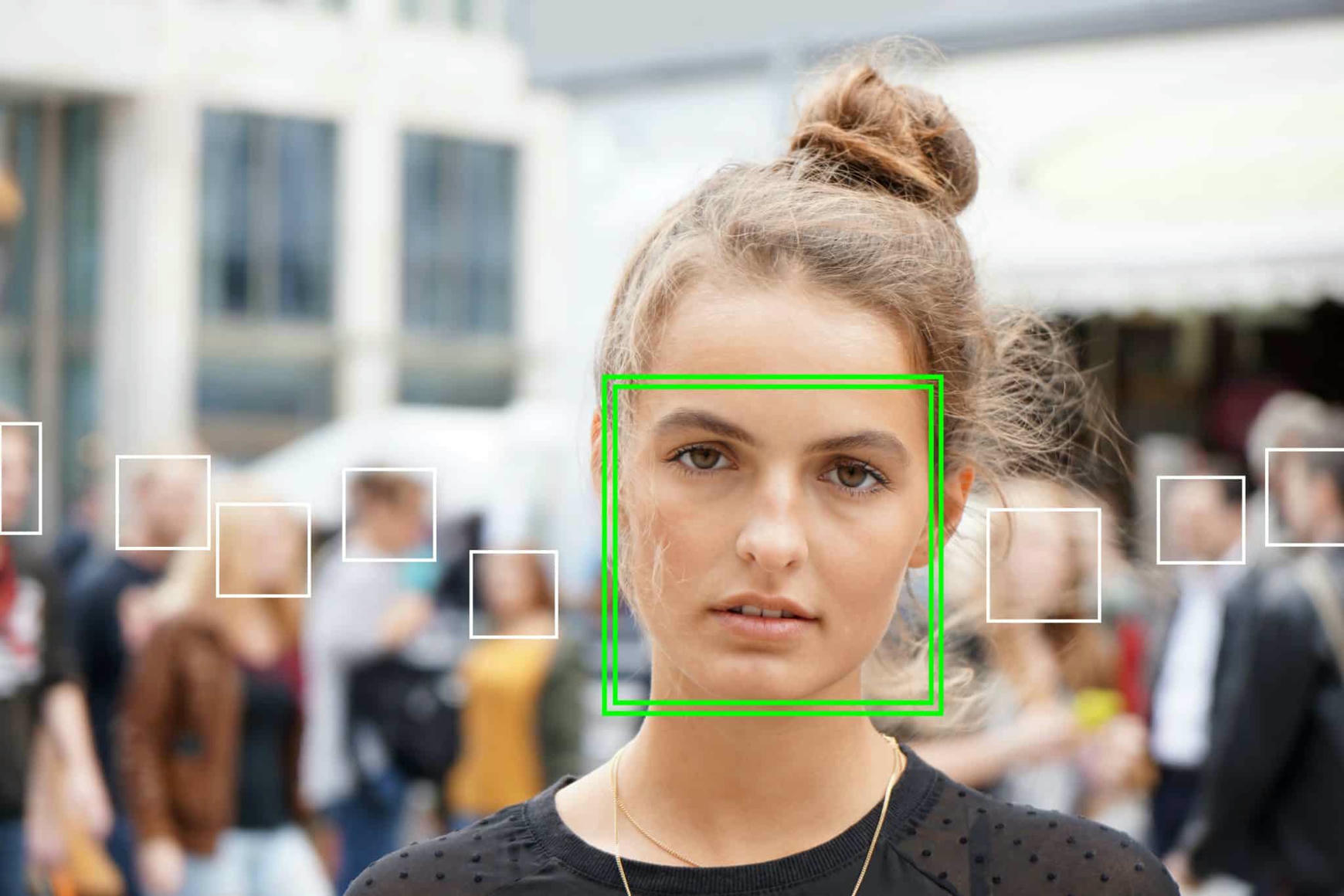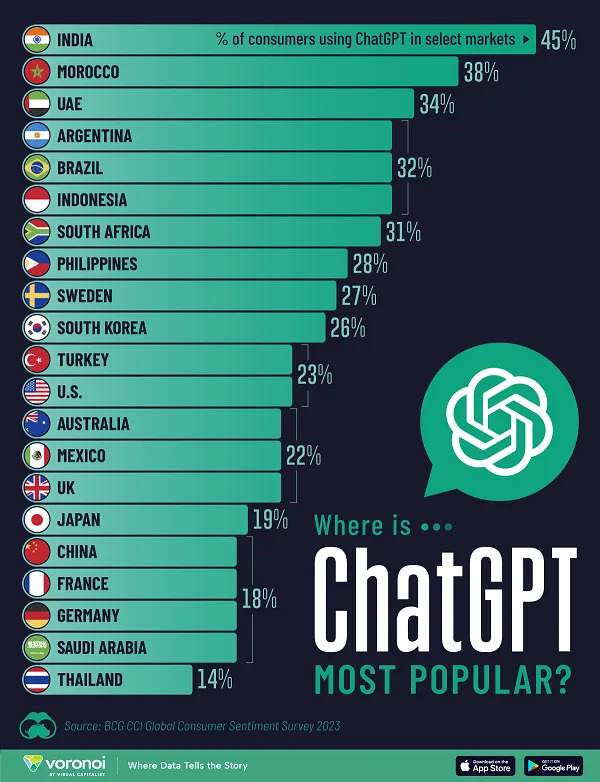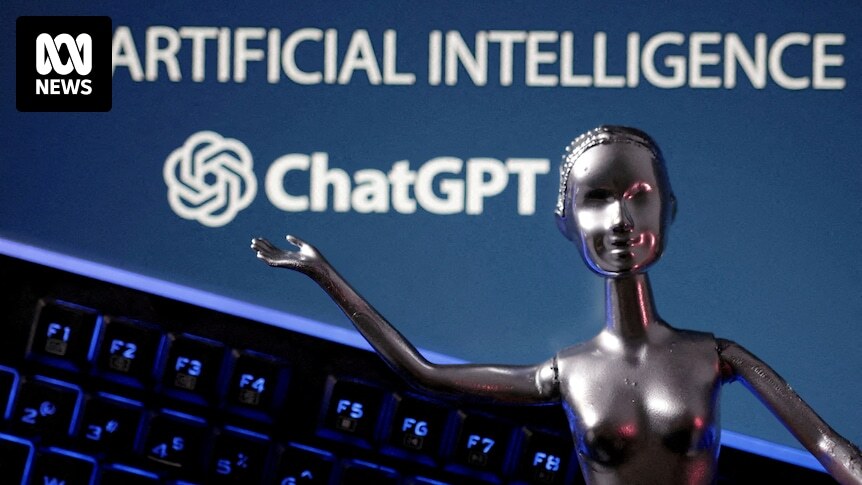
My photos, tools I have developed or modified, timeless classic games and GPT assistants
Welcome to Antonios’ Web Corner, a vibrant digital space where creativity meets innovation. This site is a reflection of my diverse expertise in communication design, visual storytelling, and the exciting world of AI. Here, you’ll discover a rich collection of tools I’ve developed or modified, from kitchen timers to advanced color theory generators, each crafted to make your life easier and more creative.
Dive into my gallery of photos, explore timeless classic games, or engage with my custom GPT assistants tailored to offer personalized support in various domains, including design, music, and even travel. Whether you’re looking to generate a story, simulate a solar system, or play a classic game like Space Invaders, there’s something here for everyone.
My passion for design and technology is evident in every corner of this site, from the detailed personal mapping of my professional philosophy to the hands-on tools available for download. Each resource is free to use, with no cookies or tracking involved, ensuring a private browsing experience. I invite you to explore, bookmark this page, and perhaps consider supporting a worthy cause through a donation if you find the content valuable.
Read the full article at: abouris.github.io
Read the full article at: abouris.github.io







